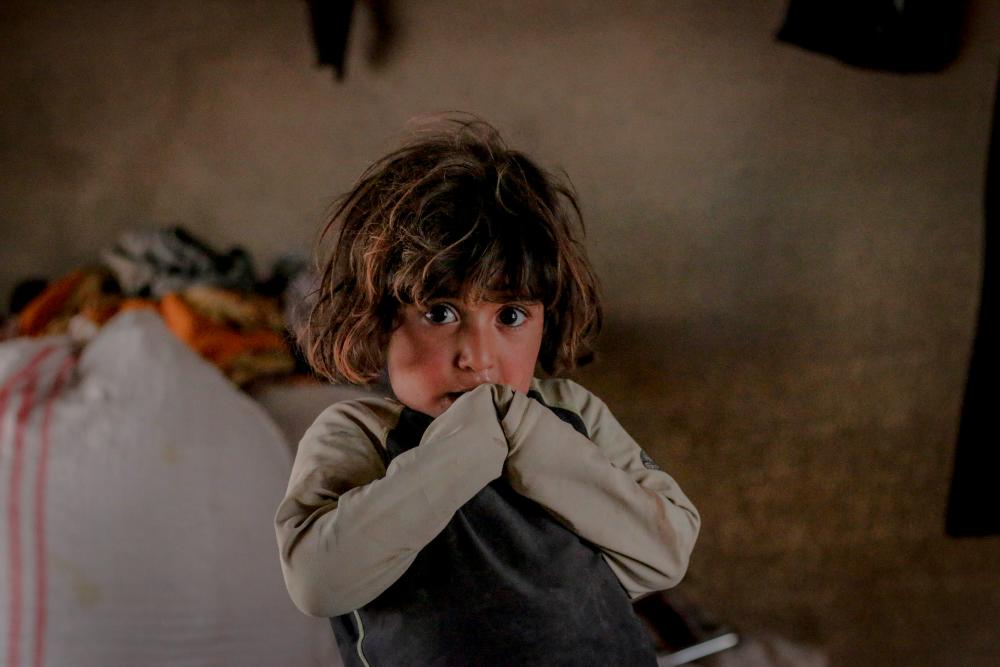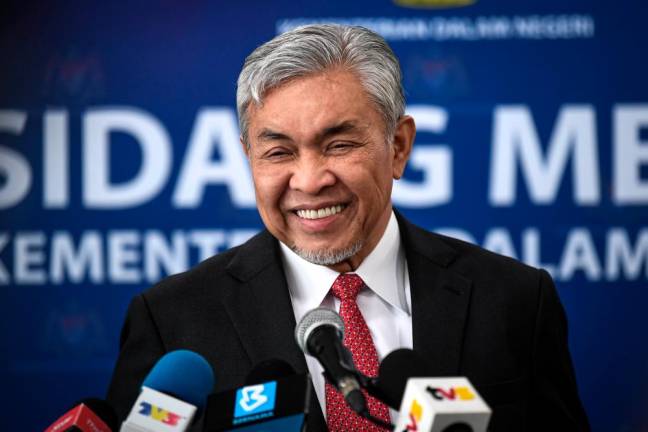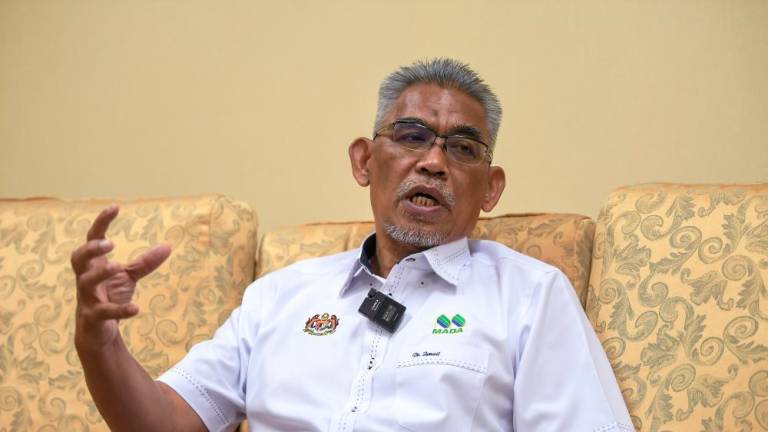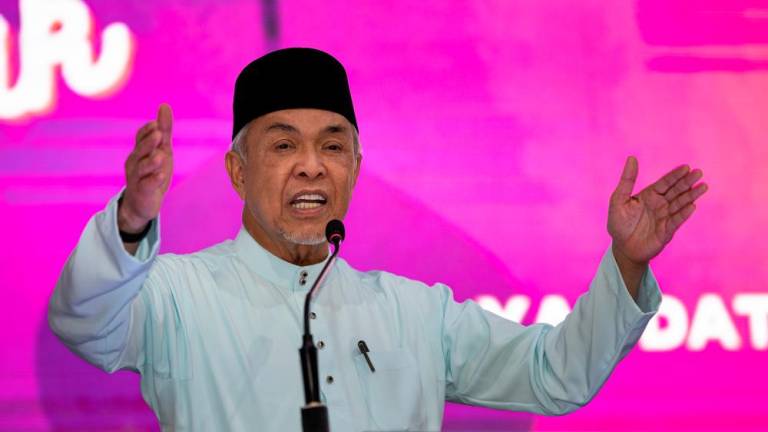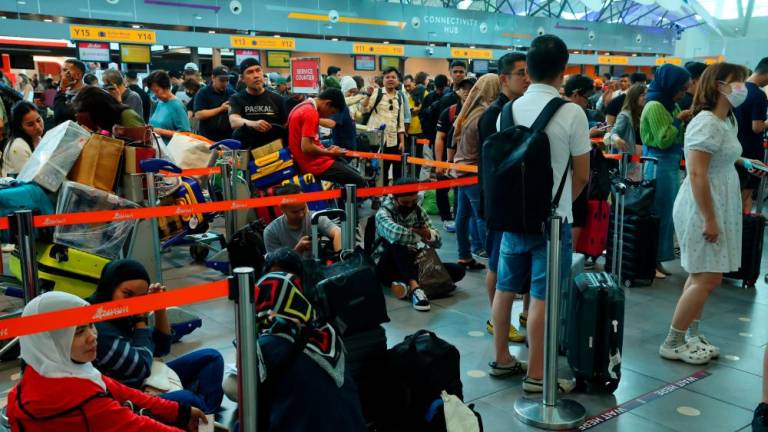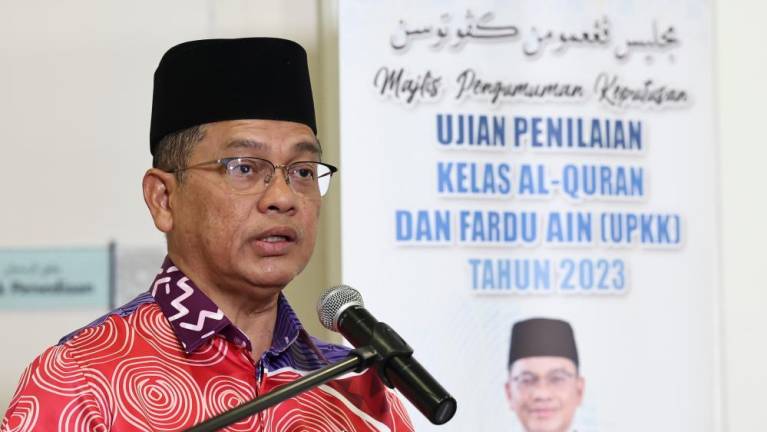PETALING JAYA: Refugee children are sometimes up against insurmountable odds. Apart from the lack of nutrition, they do not get to go to school and are at risk of being detained by law enforcement agencies.
However, this could be avoided if the government took necessary steps to meet its obligations as a member of the United Nations and the Human Rights Council by helping such children, according to interest groups.
Geutanyoe Foundation co-founder Lilianne Fan said one of the best ways to support refugee children is to help their parents or guardians become self-reliant.
The foundation is a non-profit organisation based in Aceh and Malaysia that works to protect the most vulnerable people in local communities.
Fan, who is also chair of the Rohingya Working Group of the Asia-Pacific Refugee Rights Network, said problems faced by refugee children such as poor nutrition, poor health and difficulty in gaining access to education are rooted in poverty and lack of documentation.
“However, helping their parents stand on their own feet is difficult as long as we do not have a clear policy on refugees in Malaysia, particularly on their right to work legally,” she told theSun.
Fan was commenting on a recent report that two Myanmar children died after eating out of the trash in Langkawi.
She said refugee children live in poverty primarily because their parents or guardians are not able to get jobs legally.
Data from the United Nations High Commissioner for Refugees (UNHCR) show that 70% of refugee children do not go to school because they do not have access to national schools.
Fan said the little that non-governmental organisations (NGO) do to educate these children is insufficient.
Refugee children also do not have identification documents, putting them at risk of being detained.
In October last year, Home Minister Datuk Seri Hamzah Zainudin revealed that 1,400 to 1,500 refugee children were in immigration detention centres nationwide, accounting for 7.5% of the detainee population.
Fan pointed out that refugee children were also not entitled to government assistance.
“It is important to have a genuinely inclusive approach to eliminating hunger and poverty among children in Malaysia that address vulnerability without discrimination,” she said.
“That means helping them regardless of ethnicity, religion, background, nationality or status.”
Fan said for the Universal Child Grant initiative to work, Malaysia would need to have a clear policy on recognising or regularising refugees to incorporate them into the government’s categories of children who need assistance.
The grant is a commitment made by United Nations under the Sustainable Development Goals.
Tenaganita executive director Glorene A. Das said it is not solely the responsibility of NGO to provide food for refugee communities.
“The host country is equally responsible. Given that we are also a member of the United Nations and the Human Rights Council, our obligation is greater,” she said.
“Apart from recognising them as refugees, livelihood opportunities must be given to refugee parents to enable them to provide nutritious food for their children. (The Langkawi) incident clearly indicates the high rate of food insecurity among refugees and asylum seekers, and the impact this can have on their health and welfare,” she said, adding that access to safe and nutritious food is a basic human right.
“Food insecurity is an important social determinant of health and has a significant impact on well-being. It can result in death, as it was in the case of those two children.”
She said failure to ensure food security for children was also a violation of the UN Convention on the Rights of the Child, and the Child Act.
As of January, there were 45,375 refugee and asylum-seeking children registered with UNHCR in Malaysia.



